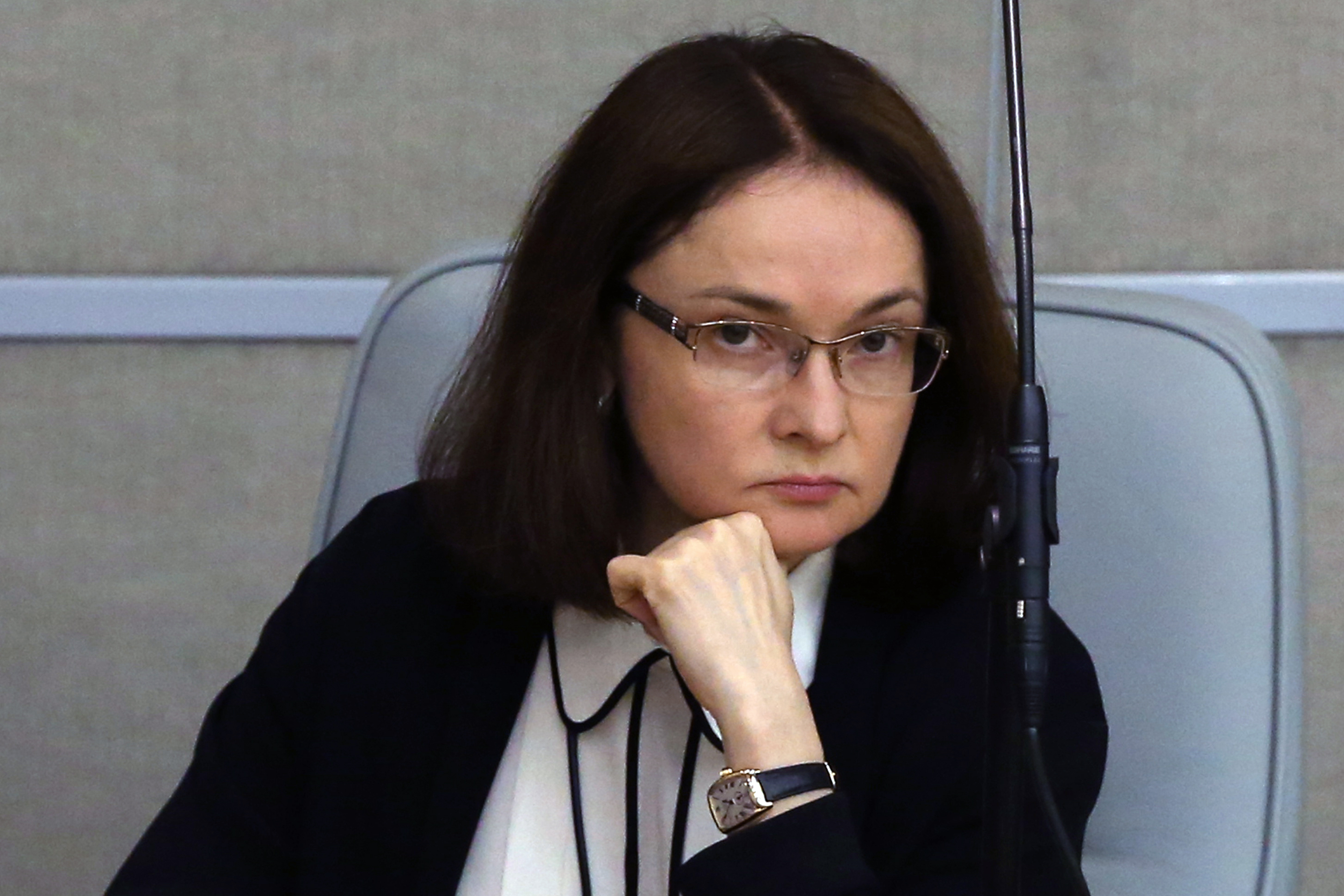ID :
373841
Wed, 07/08/2015 - 11:37
Auther :
Shortlink :
https://oananews.org//node/373841
The shortlink copeid
Agreement on BRICS currency reserve pool comes into effect on July 30, 2015

MOSCOW, July 7. /TASS/. Russian Central Bank Chief Elvira Nabiullina confirmed the agreement on BRICS currency reserve pool will come into effect on July 30, 2015.
"The operating agreement has been signed today. The agreement on currency reserve pool comes into effect on July 30," she said at a briefing on Tuesday, adding that after that a number of documents should be accorded, which regulate the work of the managing councils - the governing council and the permanent committee.
"Almost all those documents have been accorded but the agreement needs to come into effect before they’re accepted," she said.
No BRICS state needs funds from the reserve pool in foreseeable future, Nabiullina said. "We see no reasons for assuming that any of the BRICS member-states will have to turn to this instrument in some foreseeable future," she said, adding that the Central Bank of Russia has no such need either.
The issue of new states joining the BRICS currency reserve pool was not considered either, Central Bank Chief said. "Joining of third countries to the currency reserve pool apart from member-states of BRICS is not provided for. We have not considered this issue today," she said.
She also said the situation around Greece was not discussed in detail at the meeting of the BRICS ministers and heads of central banks on Tuesday. "We did not discuss it /the situation around Greece/ in detail as we didn’t aim at working out some kind of unified position. Of course, we all are worried with what is happening there and how it will affect the financial markets," she said.
Russia’s Central Bank is in discussions over a possible cooperation of payment systems with its partners within BRICS, Nabiullina said. "We’re discussing a possible cooperation of payment systems with our partners, on bilateral basis in the first place," she said. Nabiullina added that the issue of creating an alternative to SWIFT has not been discussed yet. "We haven’t touched upon /the issue of creating an alternative to SWIFT/ closely," she said.
As was reported earlier the formal launch of the bank’s operation took place on Tuesday, July 7.
The agreement on establishing the BRICS Development Bank was signed on July 15, 2014 in Brazil. It provides for the establishment of the New Development Bank by BRICS member-states to finance infrastructure projects and sustainable development of these and other developing countries.
The representative of India was appointed as the bank’s first president, a representative of Brazil became the first Chairman of the bank’s board of directors, and a representative of Russia headed the Council of managing directors. The new bank will start operating in April of 2016.
The bank’s charter capital will amount initially to $50 bln to further grow to $100 bln.
BRICS is an informal association of five major emerging national economies: Brazil, Russia, India, China and South Africa. The group was founded in June 2006 at the St. Petersburg International Economic Forum and was known as BRIC prior to inclusion of South Africa in 2009. Russia is presiding in BRICS in 2015 and is chairing the BRICS Business Council until April 2016. An agreement on establishment of the BRICS New Development Bank to fund infrastructural and sustainable development projects in BRICS member-states and emerging economies was signed at the summit in 2014.
BRICS summit in Ufa on July 8-9 will be the main event during Russia’s presidency tenure.
Read more





